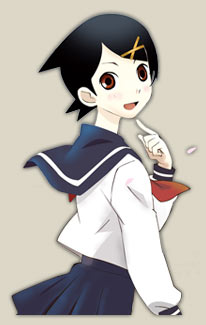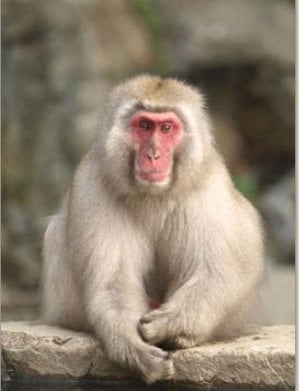There are, of course, many kinds of foreigners living in Japan, from English teachers to engineers to web designers and Brazilians working a dekasegi job to earn money for a few years before they return home. While everyone must decide for themselves how they feel about Japan –a country both extremely advanced yet hopelessly backward, where people embrace the latest technology yet still use 1970s-era passbooks to record bank transactions –I do try to avoid foreigners from English-speaking countries who for some reason decide to be as negative as they can be about the country, even while they live and work here through the hospitality of their Japanese hosts. Some foreigners would choose to pick up on any slight they imagine has been done to them, despite the fact that the vast majority of the “discrimination” they are likely to encounter in Japan is actually positive in nature, like Japanese people giving them gifts or $50-an-hour teaching jobs, or girls writing their phone numbers on chopstick wrappers. No matter what these pessimistic gaijin do, they can’t get away from a cycle of negativity, especially if they encapsulate themselves inside a bubble with other negative foreigners, which sometimes happens with JET teachers if they’re not careful. One suggestion for these individuals would be that they embrace the word mae-muki, one of my favorite Japanese phrases. On the surface it just means “forward-facing,” yet it’s filled with positive images of walking forward with your face raised up to see the brighter future you’re moving towards. The anime character that embodies the concept of mae-muki more than anyone else is Kafuka Fuura from the anime Sayonara Zetsubou Sensei (Goodbye, Mr. Despair), the always-cheerful and optimistic girl who acts as a foil to the most depressed teacher in Japan.

Fuura Kafuka is an exceedingly optimistic girl. Plus she has those cute hair pins.















